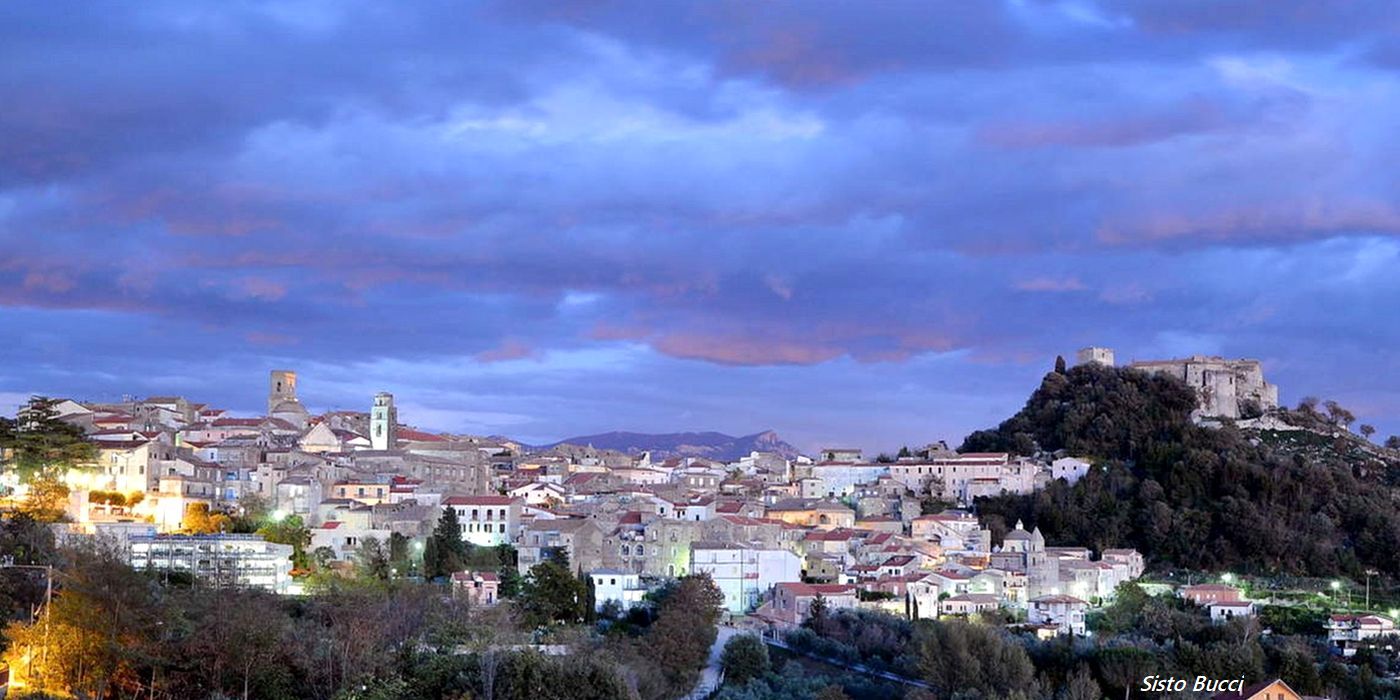Haiti. Father Pipinato (Caritas): “The country is blockaded and without food, no alternative to UN troops”

“The Pope’s heartfelt appeal for Haiti on Sunday 10 March, renewed the following Sunday, has encouraged us to rethink our projects, to strengthen our ties with the local Church, to re-evaluate the efforts we’ve been making for years, and thus to strengthen our contribution in the field of communication, in order to make civil society aware of the plight of this country”. Father Gabriele Pipinato, Director of the Service for Charitable Interventions for the Development of Peoples of the Italian Episcopal Conference, explains the reasons that led to the publication of a special document on Haiti. The report provides a detailed picture of the catastrophic humanitarian crisis afflicting a country that has been facing a constant emergency for years and is now in danger of plunging into a deadly civil war. With a population of around 10 million, Haiti is the poorest country in Latin America and the Caribbean, and the least developed in the entire northern hemisphere. With a poverty rate of 80%, Haiti is plagued by political instability and natural disasters.
What did your research reveal?
The clearest and most dramatic finding was the situation of the missionaries, all of whom have been driven out of the country. We realised that, ironically, their presence was a danger both to them and to all the volunteers who, together with the missionaries, serve and help the local population. An emblematic example is reported in the dossier and concerns the experience of Sister Marcella Catozza.
The nun was forced to leave her orphanage at the request of the nuncio. In this case, the local criminal gangs assume that Europeans have access to or have their own financial resources and are therefore considered potential targets for kidnapping and subsequent ransom demands.
Sister Marcella has fled the country. She is now in Santo Domingo whence she is trying to support the mission as best she can. Because they come from countries perceived as ‘rich’, missionaries are potential targets. However, according to news reports, bandit attacks have become indiscriminate.

How is the Italian Church responding?
First of all, with a strong appeal to civil society. We can’t provide care for the whole world, but with our efforts we are trying to help and support countries that are facing serious challenges, denouncing their plight one by one. These are countries where life is unliveable, and I can assure you that there are many of them. Then, with concrete gestures and with constant prayer, we try to focus our gaze on these populations.
It is a great consolation for them to know that they are not forgotten.
It may be hard to believe, but in fact the feedback we receive from these countries is always the same: “The Pope has phoned us and is thinking of us”, they tell us, and this encourages them not to give up. Now, even without phone calls, we must do something and show our closeness by any means. We need to show our presence as a Christian community, perhaps with a touch of boldness, leaving room for the imagination of the Holy Spirit. Even a small gesture would be important.
What are the most serious emergencies at the moment?
Certainly the lack of food. Food aid is not getting through. It is intercepted and blocked on the roads by criminal gangs. As a result, it is impossible to obtain basic food items, such as cereals. This has a ripple effect on other situations: schools cannot provide their services, hospitals cannot treat the population. One emergency leads to another, and together they form a detailed picture of a country that is completely stuck in its tracks.
This is an important report for informing civil society at national and international level. Who do you think should take action to stop this terrible situation?
The United Nations! I think the UN should mobilise and send a contingent to restore some order, because the situation is currently beyond control. The UN should resume its proper role. Unfortunately, I see no alternative to the UN force. I think it is the only option that can restore an acceptable level of normalcy.
As Holy Week draws near, I must point out that the Haitian people have been carrying the cross for a long time. They are a suffering people who have embraced the words of Jesus.
At the moment, the Middle East conflict and the war in Ukraine are in the world’s spotlight, and the Italian Church is also present in terms of assistance and concrete presence. But there are many other critical situations that are closely monitored by the Service for Charitable Interventions you chair. Could you tell us about these situations?
There are so many! There are many countries in dire straits that we know little about. For example, although Myanmar has appeared in the press, it is usually in connection with the life and travails of Nobel Peace Prize winner Aung San Suu Kyi. But the fact is that this is a country plagued by extreme poverty and persecution, with an untold number of missing persons. Countless numbers. A story similar to that of the many desaparecidos from Argentina, which has been and continues to be widely reported. But nobody talks about the thousands of young people who have literally disappeared in Myanmar and of whom nothing is known. They are not in prison and there is no knowledge of their whereabouts. So perhaps we should be more and better informed, we should start to ask questions and we should try to give some concrete answers.
The post Haiti. Father Pipinato (Caritas): “The country is blockaded and without food, no alternative to UN troops” first appeared on AgenSIR.
(Fonte: AgenSIR – News archiviata in #TeleradioNews ♥ il tuo sito web © Diritti riservati all’autore)






